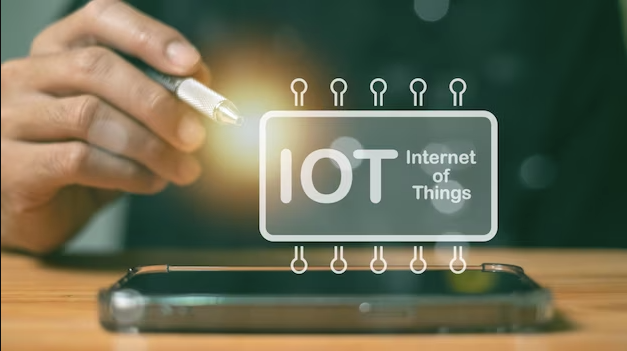ERP in Healthcare: Streamlining Operations and Improving Patient Care

In the rapidly evolving landscape of healthcare, the demand for efficiency and quality patient care has never been greater. Healthcare organizations are increasingly turning to Enterprise Resource Planning (ERP) systems to optimize their operations and enhance service delivery. This blog explores the role of ERP in healthcare, its benefits, and the challenges organizations face in implementing these systems.
What is ERP?
Enterprise Resource Planning (ERP) is an integrated software solution designed to manage and streamline various business processes within an organization. ERP systems combine core functions such as finance, human resources, supply chain management, and patient management into a single platform. This integration allows for real-time data sharing and collaboration across departments, ultimately leading to improved decision-making and operational efficiency.
The Need for ERP in Healthcare
Healthcare organizations face unique challenges, including regulatory compliance, rising operational costs, and the need for improved patient outcomes. Traditional methods of managing healthcare operations often result in silos, where departments operate independently, leading to inefficiencies and communication breakdowns. This is where ERP in healthcare comes into play.
By integrating various functions into one cohesive system, ERP helps healthcare organizations streamline their operations. This ensures that all departments—from finance to clinical care—work in unison, fostering better communication and collaboration.
Key Benefits of ERP in Healthcare
1. Improved Operational Efficiency
One of the primary advantages of implementing ERP in healthcare is the improvement in operational efficiency. By automating routine tasks, such as scheduling, billing, and inventory management, healthcare providers can reduce administrative burdens and free up staff to focus on patient care. This not only saves time but also minimizes the risk of errors associated with manual processes.
2. Enhanced Financial Management
ERP systems provide robust financial management tools that help healthcare organizations manage their budgets more effectively. With real-time financial reporting and analytics, organizations can gain insights into their financial health, identify trends, and make informed decisions. This is particularly important in a sector where funding can be unpredictable and financial sustainability is crucial.
3. Better Patient Care
At the heart of every healthcare organization is the patient. ERP systems enable healthcare providers to access comprehensive patient information in real time, ensuring that they have the data they need to make informed decisions. This leads to improved diagnosis, treatment plans, and overall patient outcomes. Additionally, with streamlined operations, staff can spend more time with patients, enhancing the quality of care.
4. Compliance and Reporting
Regulatory compliance is a significant concern in healthcare, with organizations facing strict guidelines regarding patient data security and financial reporting. ERP in healthcare simplifies compliance by providing built-in reporting tools that ensure adherence to regulations. Automated alerts can also notify staff of any compliance issues, reducing the risk of penalties or legal challenges.
5. Supply Chain Management
Effective supply chain management is critical for healthcare organizations to maintain adequate inventory levels and ensure that essential supplies are always available. ERP systems provide visibility into inventory levels, streamline procurement processes, and help track the usage of medical supplies. This can lead to significant cost savings and improved resource management.
Challenges of Implementing ERP in Healthcare
While the benefits of ERP in healthcare are substantial, organizations often face challenges during implementation:
- Cost: Implementing an ERP system can require a significant financial investment, making it challenging for smaller healthcare providers to adopt.
- Change Management: Resistance to change from staff can hinder the successful implementation of an ERP system. Comprehensive training and clear communication about the benefits of the system are essential for overcoming this hurdle.
- Integration with Existing Systems: Many healthcare organizations already use multiple software solutions. Integrating an ERP system with these existing tools can be complex and may require additional resources.
- Data Security: Protecting sensitive patient data is paramount in healthcare. Ensuring that the ERP system complies with regulations, such as HIPAA, is crucial to maintaining data security and patient trust.
Conclusion
ERP in healthcare is transforming how organizations operate, enabling them to improve efficiency, enhance patient care, and ensure regulatory compliance. By integrating various functions into a cohesive system, healthcare providers can streamline their operations and make data-driven decisions that ultimately lead to better patient outcomes.
As the healthcare landscape continues to evolve, the adoption of ERP systems will likely become increasingly important. While challenges exist, the potential benefits far outweigh the obstacles. Embracing ERP technology can position healthcare organizations for success in an ever-changing environment, ensuring that they are better equipped to meet the needs of their patients and the demands of the industry. The future of healthcare is here, and ERP is at the forefront of this transformation.




